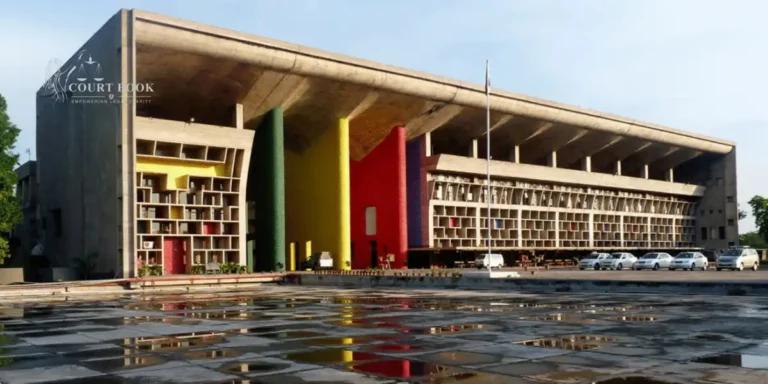In a landmark decision, the Punjab & Haryana High Court has ruled that access to basic amenities like electricity is a fundamental right, setting aside the Punjab Government's controversial cut-off date that restricted power connections in unauthorized colonies.
The Background of the Case
The petitioner, Jaishree Bagga, had legally purchased an 11-marla plot in Silvar Estate, District Hoshiarpur. She got the building plan approved and even took a temporary electricity connection for construction purposes. Everything was above board—there was no dispute regarding ownership, and she complied with all official requirements.
Read also: Punjab Haryana High Court Highlights Delay in Tax Appeal Decisions, Directs Swift Disposal to Prevent Revenue Blockage
However, her electricity connection was disconnected abruptly on 1st April 2024, without any notice or explanation. She applied for a permanent connection and paid the required fees on 24th June 2024, but no response came from the concerned authorities.
In the midst of Punjab’s scorching summer, Jaishree had to live without electricity in her completed house. Meanwhile, her neighbors enjoyed uninterrupted power supply, which made the situation all the more discriminatory.
Read also: Participation in NI Act Case Doesn’t Mean Acceptance of Jurisdiction: J&K High Court Clarifies
The issue stemmed from a notification issued on 25.11.2024 by the Punjab Government (Annexure P-10), followed by a circular on 04.12.2024 (Annexure P-11). Clause 2.0 of this notification stated:
"Any person who up to 31st July 2024, for an area up to 500 sq. yds. situated in an unauthorized colony has entered into a power of attorney or agreement to sell on stamp paper or having any registered document w.r.t title of land shall be entitled to get registration of such plot from 1st December 2024 to 28th February 2025, without obtaining No Objection Certificate from the Department of Housing and Urban Development."
This effectively barred those who didn’t meet the July 31, 2024 deadline from getting a power connection—no matter if they had valid documents or sanctioned plans.
The High Court, comprising Justice Sureshwar Thakur and Justice Vikas Suri, took a strong stance against this arbitrary rule.
"The impugned Clause 2.0... is hereby quashed and set aside. Consequently, the respondent concerned is directed to release all basic amenities... thereby the fundamental right to life as enshrined under Article 21 of the Constitution of India would become endowed to the petitioner."
The Court found the cut-off date to be arbitrary, discriminatory, and without any rational nexus to the objectives of the policy. It noted:
"The prescription of the cut-off date snatches or truncates the rights of those vendees who had earlier acquired a perfect title over the disputed plots and yet are led to make a re-registration of the plots."
Furthermore, the Court highlighted that even validly sanctioned constructions were being denied basic amenities like electricity just because they didn’t fit within the cut-off window.
The judges emphasized that Clause 2.0:
- Lacked intelligible differentia: It didn't differentiate logically between plot owners.
- Had no legal justification: The requirement of re-registration had no backing in law.
- Violated Article 21: Denying basic amenities like electricity infringes on the constitutional right to life.
"The cut-off date is meaningless... it is neither based on any intelligible differentia nor has any nexus with the objective sought to be achieved."
The Court also noted that even if there was an issue with the title deeds, the authority to rescind them lies only with civil courts, not administrative notifications.
- The petitioner had previously moved CWP No. 20729 of 2024, where the Court directed the competent authority to decide on her legal representation within four weeks.
- Legal notices and representations (Annexures P-5, P-9, P-12, P-13) were sent but ignored.
- The authorities still denied her the permanent connection, prompting her to file CWP-5971-2025.
The High Court, in its judgment dated 03.04.2025, ruled:
"Accordingly, the impugned Clause 2.0... is quashed and set aside. The respondent concerned is directed to release the permanent electricity connection to the petitioner’s house."
This ruling not only ensures justice for the petitioner but also sets a crucial precedent for similar cases where citizens are arbitrarily denied basic rights by technicalities.
Mr. K.S. Dadwal, Advocate for the petitioner.
Mr. Maninder Singh, Sr. DAG, Punjab.
Mr. H.S. Baidwan, Advocate for respondents No.4 to 8-PSPCL.
Title: JAISHREE BAGGA v. STATE OF PUNJAB AND OTHERS















